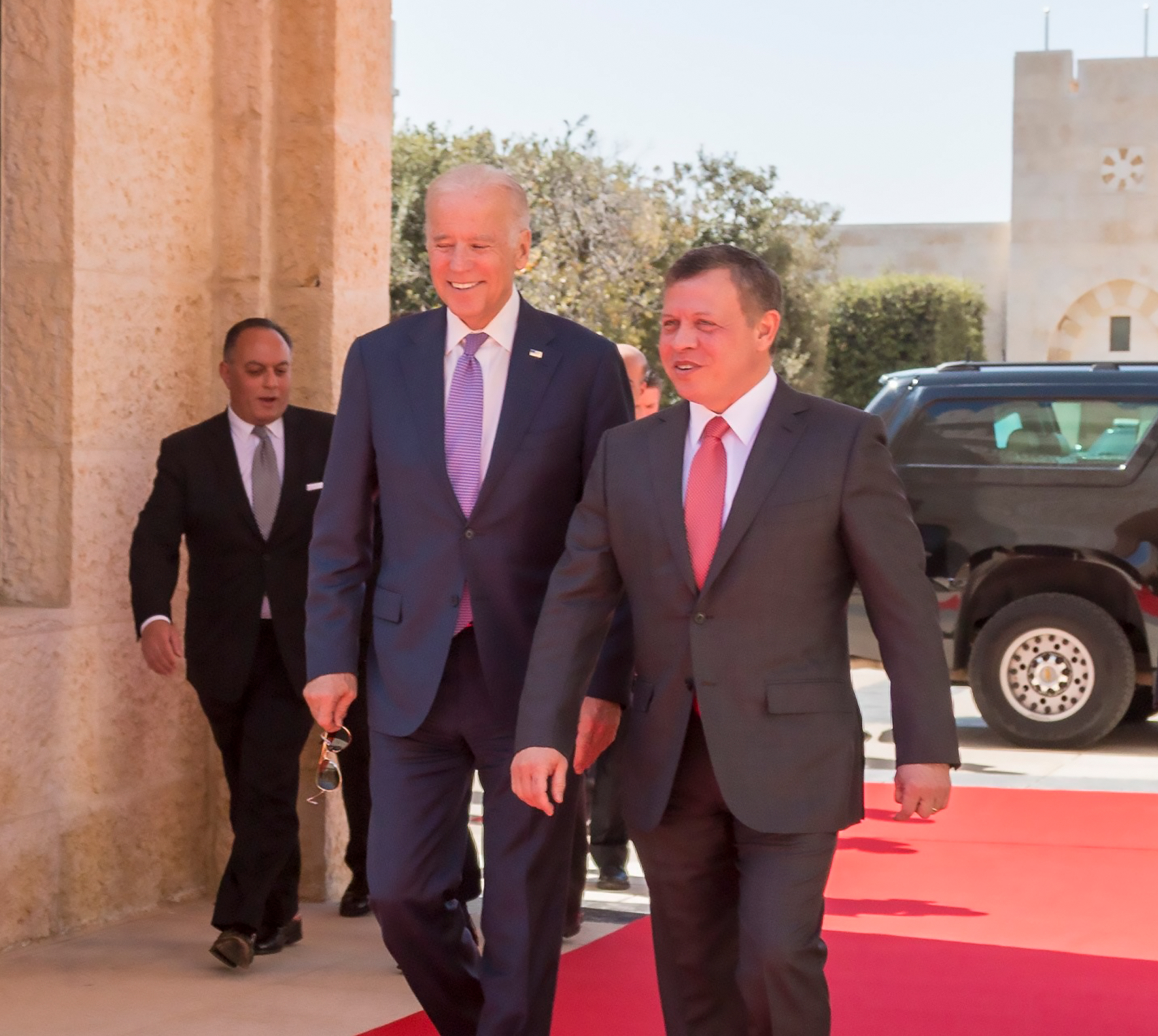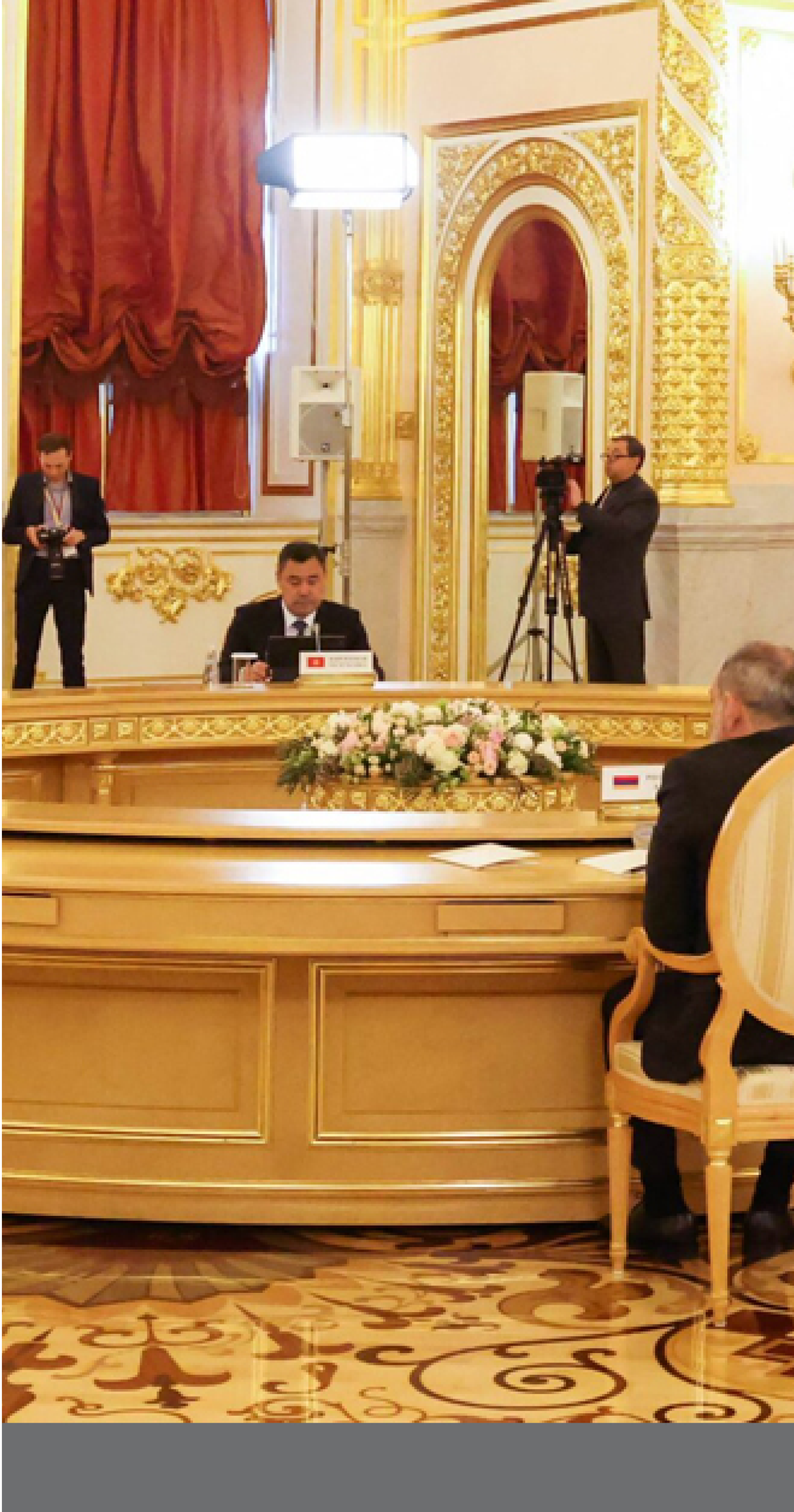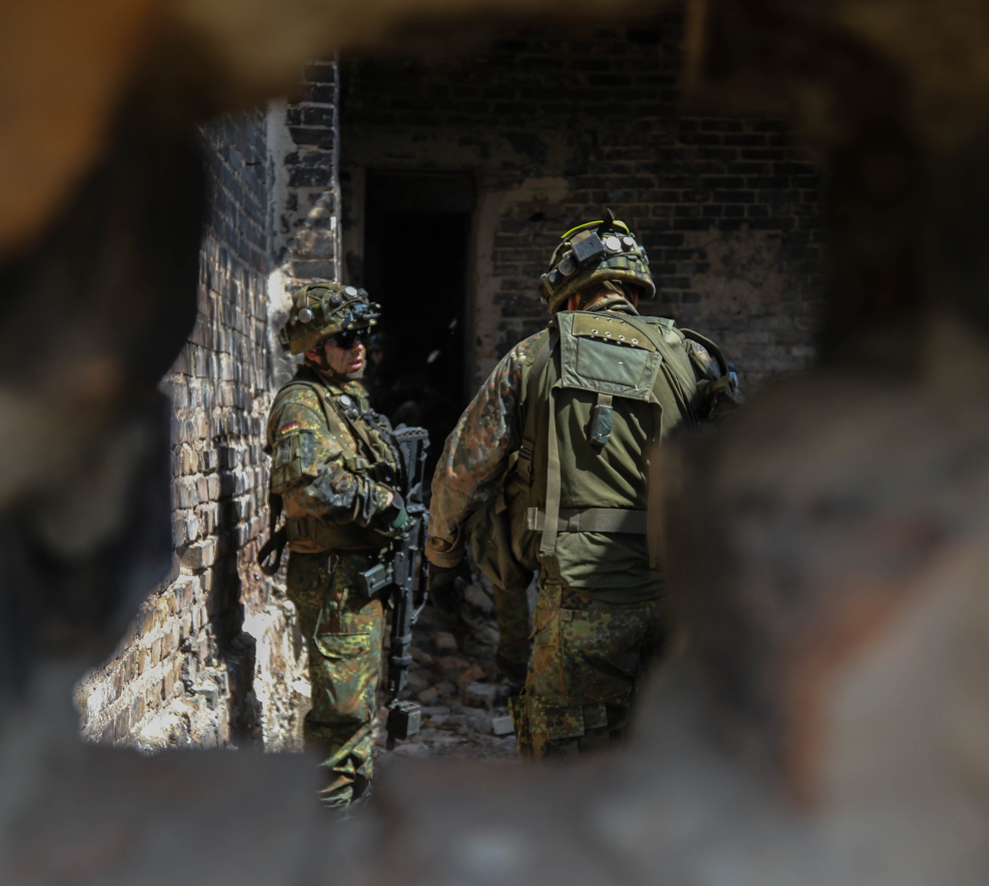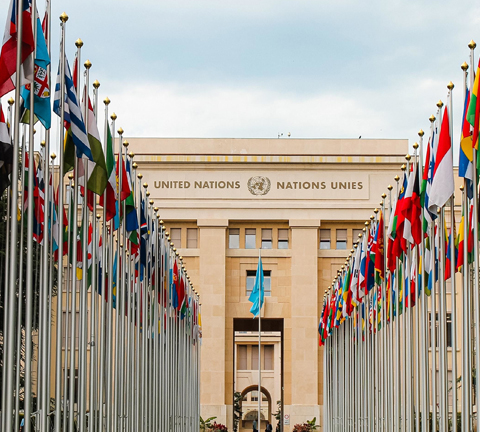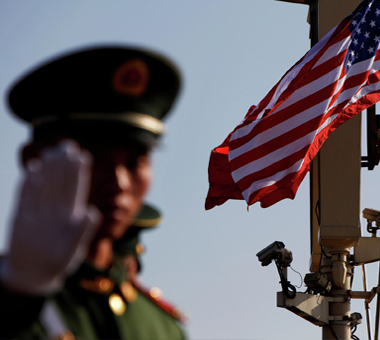US-Jordan relations span more than 70 years and have gone through a lot of pressures, tests and tensions; however, that has not changed the importance of Jordan to Washington as a pivotal country in a region teeming with military conflicts and political polarization, although the importance of the Middle East is contingent upon the US administrations and foreign policy orientations.
US-Jordan relations have long been stable and based on a strategic alliance that replaced the alliance with the United Kingdom, which receded after World War II. Jordan also found itself during the so-called Cold War on the side of the Western Bloc, as its relations with the Eastern Bloc were minimal, reaching a long-term tacit consensus on most regional and international issues, and, in the event of some trivial disagreement, it remains free from political disunity or declared discord.
Trump and the imbalance of bilateral relations
With ex-President Donald Trump coming to power in early 2017, allies and adversaries alike are poised for changes in Washington, as Trump's campaign slogans drew early attention to what was to come. Indeed, his presidential term was full of events and major shifts that changed the usual form of foreign policy of previous US administrations, which were on a familiar line to Washington's partners, including Jordan.
Jordanian officials realized early that a certain kind of engagement with the new administration (the Trump administration) must be devised in terms of declaring positions that express the Jordanian point of view but do not explicitly oppose Washington’s positions. Here arises the question: Why did this realization come into being in the first place?
For decades, decision makers in Jordan have considered their country an important player in the international community's handling of the Palestinian file, with its tension, conflict, calm and understandings among the parties concerned. This is due to Jordan's geographical location, demographic structure, political history largely intertwined with such complex issue, not to mention Jordan's primacy in building diplomatic relations with Israel, which ended decades of war through the Treaty of Wadi Araba in 1994, that gave Amman a broader political role in the region. However, some believe that this role has slightly receded after the signing of the so-called Abraham Accords between Tel Aviv and Gulf capitals, which were strongly supported by the Trump administration, while others believe Jordan could do more at the regional level about the future of new security and military alliances that are expected to take shape soon.
In the same vein, the Trump administration has made several decisions, such as moving the US embassy to Jerusalem, announcing the US peace plan known as "Deal of the Century", cutting off funding for the United Nations Relief and Works Agency for Palestinian Refugees (UNRWA), the matter which implied an underestimation of the significant regional role of Jordan in the Palestinian file. In other words, it can be said that the Trump administration's decisions on the Palestinian issue are from the very first moment fundamentally at odds with the two-state solution option adopted by the kingdom since it signed the peace agreement with Israel. It is also the option agreed upon by the Arab Peace Initiative in 2002, in parallel with the meetings of the Quartet, which came to the same conclusion that the resolution of the Palestinian issue in accordance with resolutions of international law was the only solution to the Israeli-Palestinian conflict.
Another sign of poor coordination between Amman and the Trump administration emerged when part of the US forces withdrew from areas in northeastern and southern Syria in October 2019 upon a decision by Trump, coinciding with the start of Turkey’s Operation Peace Spring to fight Kurdish military units in northeastern Syria. This withdrawal took place with the possibility of a security vacuum and instability in the areas bordering the Kingdom.
House Speaker Nancy Pelosi led a delegation of lawmakers to visit Amman before heading to Kabul to discuss regional issues with King Abdullah II, where she stressed the importance of strategic partnership with Jordan, including security cooperation, economic development and other issues, although Trump was sharply criticized for the visit at the time.
hengle-1700x680.jpg)
The tacit discord between Jordanian officials and the Trump administration has not disrupted US military and economic support for the kingdom. Evidence of this is the memorandum of understanding signed between the two parties in February 2018 under which the US pledged $6.375 billion over five years.
Washington's New Administration
The change the balance of power in Washington in favor of Democrats in early 2021 has undeniably been comforting to some countries in the region, based on the ability to anticipate and build on the trajectory of the new administration in a more stable manner compared to the Trump administration.
Jordan enjoys advanced and open relations with the new Biden administration at the political, military and security levels, as well as its good relations with influential figures in the Congress, in addition to the consensus on certain positions on Middle East issues. For instance, the Biden administration was quick to emphasize the importance of a two-state solution on more than one occasion, most recently by Secretary of State Anthony Blinken, during his participation in the Donor Group for Palestine conference, which was held on February 23, 2012, and chaired by Norway. He emphasized that the two-state solution is the most appropriate option for stability that will bring security to the region and, of course, Israel.
Perhaps it should be noted here that Biden administration position will not require any direct practical steps that would upset the balance of US-Israeli interests. Because the American orientation is clear in support of the principle of "land for peace" after the principle of "peace for peace" prevailed over the past four years. However, this orientation is affected by the change in Israeli and Palestinian leaders and trends. There will either be encouragement towards strengthening this orientation by returning to the negotiating table, or no agreement on conflict resolution therefore reproducing the status of political stalemate.
Jordan's strategic position has not been at its best under former US President Donald Trump, due to the low pace of coordination between the two parties on regional issues, or lower than the usual level for officials in Jordan at least. With the Democrats' return to the White House, Jordan expects that things will return to the way they were.
However, it should be noted that Jordan faces complex domestic challenges, such as high debt levels, growing poverty and unemployment due to the repercussions of the Coronavirus outbreak which largely hinder daily life.
Actions Amman may take
In order to forge a new relationship with the United States to reset the US-Jordanian political pace after it has been slightly disrupted over the past four years, Jordanian decision-making circles will be expected to take many actions at the local and regional level. Here we may look forward to some of the actions Jordan may take:
1. Pursuant to the royal guidance, paying attention to the political reform process through the development of legal basis governing the conduct of the political process in the country, and dialogue with political actors in the local arena about ways to move to a more effective and advanced political life through which the aspects of public life can be managed at a high level of institutionalized governance. This was essentially contained in the royal vision several years ago, but the objective circumstances prevented the optimal application of some aspects of it.
2. Intensifying consultations with the United States regarding the public debt file and how to manage it after it reached 85% of GDP in November 2020, as the United States owns 17% of the total number of shares in the IMF, and thus Washington may push the IMF towards rescheduling the debts or reduce the burden of public debt.
3. Studying applicable and effective solutions to mitigate the negative economic impact of the Coronavirus pandemic, which will also enhance the Kingdom's strategic position in the region to other regional and international powers, thus maintaining the stability of any current or future alliance with the United States or other.
4. Upholding the policy of positive neutrality and being the mediator between the axes of the region with the aim of coordinating views and establishing stability. It is no secret that this role has given the kingdom over the past decades the ability to make the Middle East voice reach the capitals of the world, advocating for giving attention to – not fighting over - the region.
5. Keeping the door open to political or economic initiatives - which could be put forward by regional or international actors - to develop relations with the Kingdom in order to expand the options available to Jordanian foreign policy, thus avoiding any form of unilateral dependence.
6. Investing in Jordanian relations with the officials of the new US administration, including politicians and military personnel, to raise and address issues of common concern, and emphasize the importance of the security role of Jordan, the country that is surrounded by severe military tensions and conflicts that require close coordination with it before any military action in countries geographically adjacent to the Kingdom, primarily Iraq and Syria; this is all to consult and make the most appropriate choice towards the security situation in question and its repercussions.
7. Taking the initiative to take intensive diplomatic action to maintain stability in Syria and return it to the Arab League, through the kingdom's benefit of its good relations with the Arab countries, particularly the Gulf states, to convince and coordinate on the ways and mechanisms of this return, which will be a prelude to the reintegration of Syria into the international community. This step will undoubtedly reduce the military bill by securing the northern border, and will open the door to negotiations on the future of Syrian refugees in the kingdom, as well as its role in the reconstruction process, and most importantly to make progress in the pace of coordination between Damascus and Arab capitals.
Keep in touch
In-depth analyses delivered weekly.

Related Analyses:







